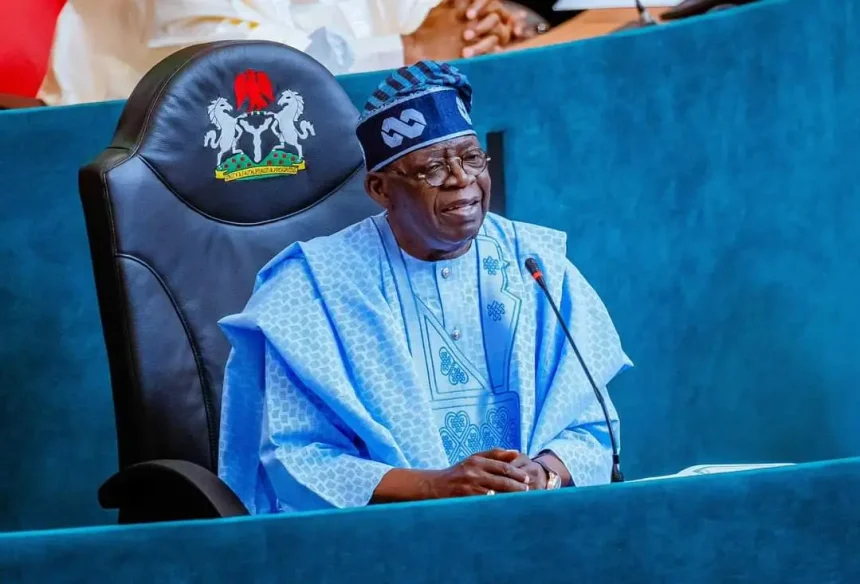On Monday, September 16, President Bola Tinubu gave an explanation of why his administration had connected the Digital Identity Initiatives to its 8-point agenda. He claimed that the initiative would simplify the provision of services, cut down on bureaucratic red tape, and enable Nigerians to directly benefit from government programs and services.
The President claims that government initiatives such as the Skill-Up Artisans Program, the National Youth Talent Export Program, the Renewed Hope City and Estate Housing initiative, and the farmer incentives program have all benefited greatly from having a strong and effective digital identity system.
The president spoke at the Nigeria Air Force (NAF) Conference Centre in Kado, Abuja, to officially launch the National Identity Management Commission’s (NIMC) 2024 National Identity Day.
Government of the Federation (SGF) Secretary George Akume represented him.
Digital identification is vital to the development of our country, he said, and this year’s National identification Day, with its topic of “Digital Public Infrastructure (DPI) – Enabling Access to Services,” highlighted this.
“In today’s digital age, the ability to prove one’s identity is not just a matter of convenience; it is a cornerstone of our socio-economic progress.
“Digital Public Infrastructure (DPI) is the backbone that enables access to essential services, from healthcare and education to financial inclusion and social welfare.
“It is through robust DPI that we can ensure every Nigerian, regardless of their background or location, has the opportunity to participate fully in our nation’s growth,” the president said.
“Our administration’s 8-point agenda, which includes food security, ending poverty, economic growth and job creation, access to capital, improving security, enhancing the business environment, upholding the rule of law, and fighting corruption, is intrinsically linked to the success of our digital identity initiatives.
“By leveraging DPI, we can streamline service delivery, reduce bureaucratic bottlenecks, and ensure that government programs reach those who need them most,” the President added.
President Tinubu emphasised the importance of ensuring that the appropriate services and help are provided to the appropriate individuals while urging Nigerians to enrol in NIMC programs and secure verifiable identity for themselves.
“The “Renewed Hope” initiative is our commitment to fostering sustainable development and improving the living standards of all Nigerians. Digital identity is a key enabler of this vision.
“It empowers individuals, facilitates economic transactions, and enhances transparency and accountability in governance. With a reliable digital identity system, we can build a more inclusive and prosperous Nigeria,” the president asserted.
Olubunmi Tunji-Ojo, the minister of interior, declared that the day was of commemorating since it would provide Nigerians with additional chances to actively engage in government initiatives and reap their rewards.
He noted that the digital identity system is still essential to the nation’s social and economic development and that it helps the government plan for its socioeconomic programs and other issues.
Nigeria is now moving in the right direction towards harmonising its digital identity, according to Abisoye Coker-Odusote, Director General of the National Identity Management Commission (NIMC).
She stated that over 110 million Nigerians have been enrolled by NIMC thanks to partnerships with important stakeholders, stressing the ease with which digital identities enable access to both public and private services in a variety of industries, including banking, healthcare, and agriculture.
“I must say we are on the right path and key strides have been made through collaboration and partnerships with government agencies and private sector players – linking of NINs and phone numbers with the telecommunication companies, NIN and Bank Verification Number (BVN) harmonization with financial institutions to facilitate digital payments, digital money, digital identity and digital processes, amongst others.
“Furthermore, the Student Loan Initiative showcases how DPI can eliminate financial barriers to education. By collaborating with 257 institutions, 332,715 students have been registered for loans, and over 18,000 students have already received payments through the initiative”, she stated.




